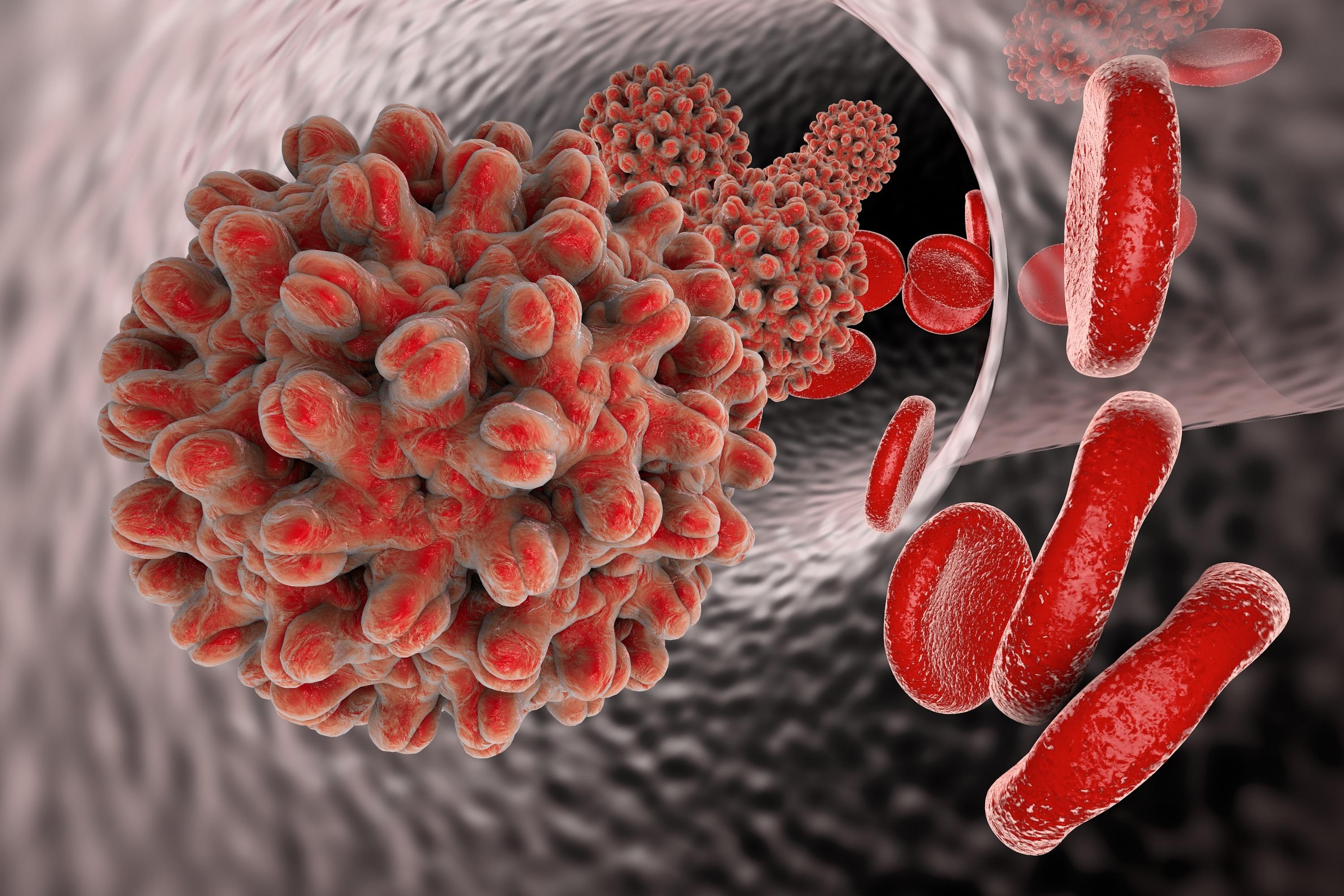Quick Answer: Hepatitis B is a contagious liver infection caused by the hepatitis B virus (HBV). It spreads through blood, semen, and other bodily fluids, and can lead to serious liver damage if left untreated. Vaccination and safe sex practices are key to prevention.
What Is Hepatitis B? A Comprehensive Guide to Symptoms, Causes, and Prevention
Hepatitis B isn’t rare. It’s not just something people get “somewhere else.” And it’s definitely not just a dirty needle problem. It’s a virus that affects nearly 300 million people worldwide, and too many of them have no idea they’re carrying it. This guide is here to change that. No shame. No panic. Just honest, medically accurate info about what Hepatitis B really is, how it spreads, what it feels like, and, most importantly, how to protect yourself and the people you love.
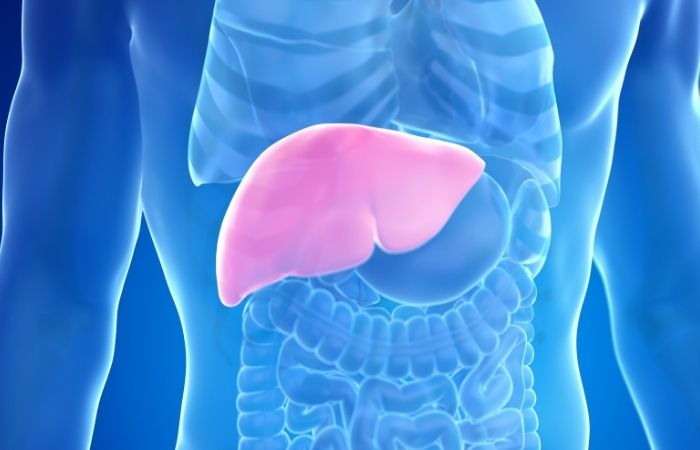
People are also reading: Is My Rash a Cold Sore?
First Things First: What Even Is Hepatitis B?
Hepatitis B is a viral infection that attacks the liver. It’s spread through blood and other body fluids, and it comes in two forms:
- Acute Hepatitis B: A short-term illness that happens within 6 months of exposure. Some people fight it off naturally.
- Chronic Hepatitis B: A long-term infection that sticks around, sometimes for life. It can lead to liver scarring (cirrhosis), liver failure, or cancer.
Most people catch it and don’t even know. That’s the scary part. Because your liver might be struggling for years before symptoms show up. And by then? The damage may already be happening.
It’s important to know your status. And if you don’t? Testing is fast, discreet, and available at home. You can test yourself here.
How Do You Get Hepatitis B?
HBV spreads through contact with infected blood, semen, or other bodily fluids. You can’t get it from casual touch, sharing drinks, or hugging. But here’s how it can happen:
- Unprotected sex, especially vaginal or anal without a condom
- Sharing needles or syringes, including for tattoos, piercings, or drug use
- From mother to baby during birth
- Using shared razors or toothbrushes
- Direct blood-to-blood contact, like through open wounds or medical exposure
Think you’re low risk? Don’t be so sure. Hepatitis B is often transmitted during sex, even with no visible blood. And yes, it can be spread through oral sex, especially if there are cuts or sores involved.
What Does Hepatitis B Feel Like? Symptoms to Watch For
Here’s the tricky part: many people with Hepatitis B don’t feel anything at all. Especially in the early stages. That’s why it's called a “silent” infection. But when symptoms do show up, usually within 1 to 4 months after exposure, they can look like:
- Fatigue that feels bone-deep, not just “tired”
- Yellowing of the skin or eyes (jaundice)
- Dark urine or pale stool
- Abdominal pain, especially near the liver
- Nausea, vomiting, or loss of appetite
- Joint pain or flu-like symptoms
Sound vague? It is. That’s what makes Hep B so easy to miss. You might chalk it up to burnout, food poisoning, or a rough patch, and never realize your liver’s under siege.
That’s why testing matters. Symptoms aren’t always loud. But your body still deserves a voice.
Check Your STD Status in Minutes
Test at Home with RemediumHepatitis B & Hepatitis C Test Kit
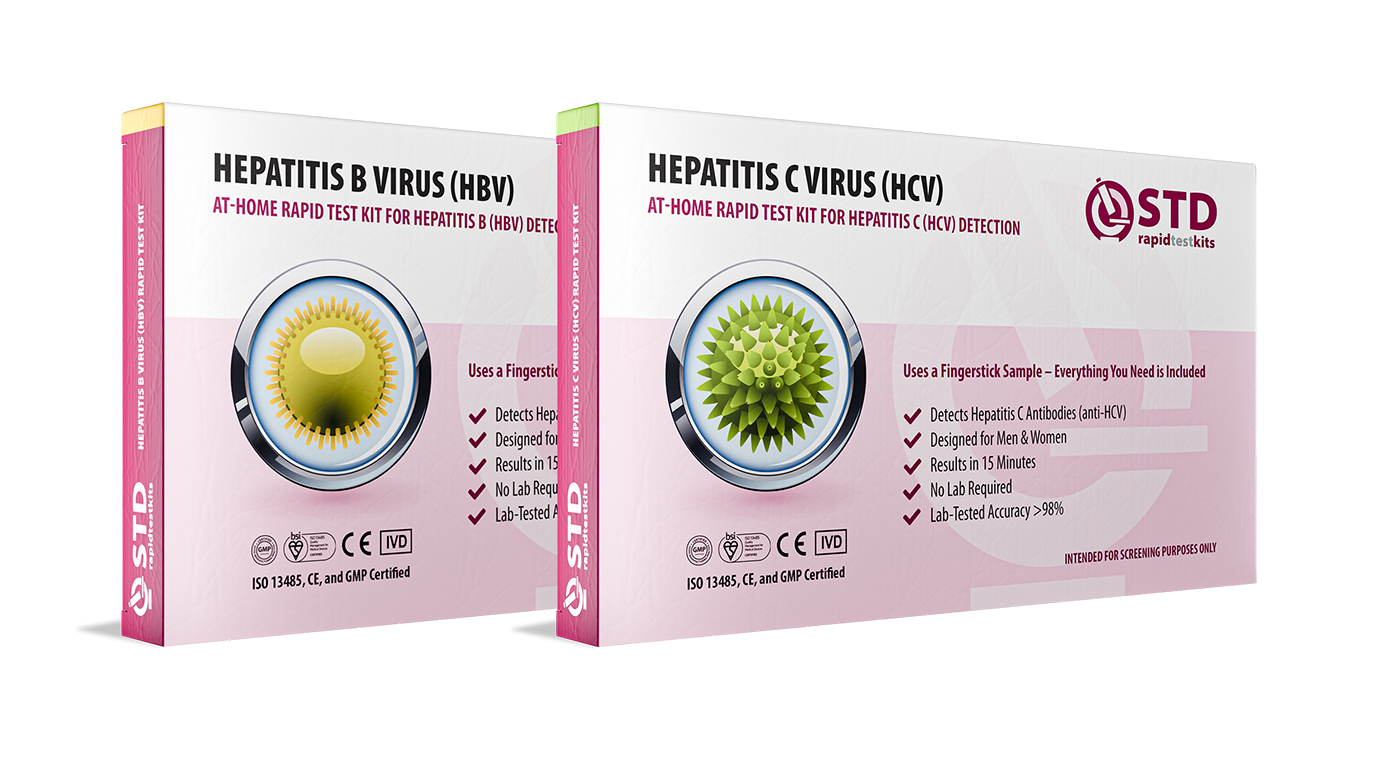
 For Men & Women
For Men & Women Results in Minutes
Results in Minutes No Lab Needed
No Lab Needed Private & Discreet
Private & DiscreetOrder Now $49.00 $98.00
For all 2 tests
Silent, But Serious: The Risks of Chronic Hepatitis B
If you get infected and your immune system can’t clear it, Hepatitis B becomes chronic. That means the virus stays in your body long-term, quietly damaging your liver. Over time, this can lead to:
- Liver fibrosis: scarring that affects how your liver functions
- Cirrhosis: severe scarring that can lead to liver failure
- Liver cancer: HBV is one of the top causes of liver cancer worldwide
Scary? Yes. But also preventable. With testing, monitoring, and in some cases medication, you can manage chronic Hep B and prevent long-term damage.
Case Study: “I Only Found Out Because I Tried to Donate Blood”
Andre, 35, had no symptoms. He worked out, ate well, felt healthy. But when he tried to donate blood, the center flagged his sample for Hepatitis B antibodies.
“I thought there was no way. I hadn’t used drugs. I’d only had one long-term partner recently. But I didn’t realize you could get it from sex years ago and still carry it.”
Follow-up testing confirmed he had chronic Hepatitis B. He now sees a liver specialist yearly, uses condoms with new partners, and has shifted from fear to clarity.
“I’m not ashamed. I’m grateful I found out.”
How to Protect Yourself: Hepatitis B Prevention That Works
Here’s the good news: Hepatitis B is one of the few STDs that’s preventable with a vaccine. The HBV vaccine is over 95% effective, and once you’re fully vaccinated, you’re protected for life.
If you haven’t been vaccinated yet, talk to your doctor or local clinic. Many workplaces, pharmacies, and community centers offer the shot. It's a three-dose series given over six months, and it's safe for all genders and ages.
In the meantime, here’s how else you can reduce your risk:
- Use condoms or internal condoms during all sexual activity
- Don’t share razors, toothbrushes, or anything that might have blood on it
- Use only sterile equipment for tattoos, piercings, or medical procedures
- Get tested regularly, especially if you're sexually active or were born in high-risk regions
Don’t let shame stop you from protecting yourself. Testing is not a confession. It’s a tool. You can test right now, from home.
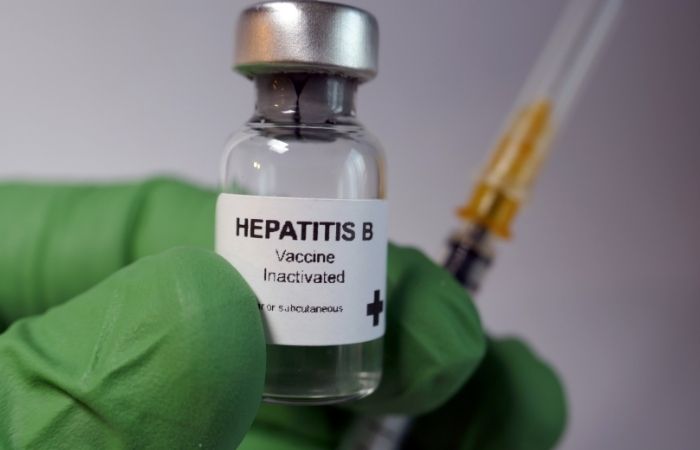
People are also reading: How Do At-Home STD Test Kits Work?
Can You Get Hepatitis B From Oral Sex? From Kissing? Let’s Clear That Up
People often assume hepatitis B spreads the same way as HIV or herpes, but it has its own rules. Here’s what’s real:
- Oral sex: Yes, you can get or give Hep B through oral sex, especially if there are open sores, cuts, or bleeding gums involved
- Kissing: Unlikely, unless there’s blood involved (e.g. gum disease or mouth trauma)
- Hand jobs or touching: No, unless there’s blood or semen contact with mucous membranes
The virus lives in blood and semen, not saliva. But if there’s blood in the mix (mouth injuries, menstruation, etc.), transmission is possible.
Don’t rely on vibes or guesses. Use barriers. Use facts. And when in doubt, use a test.
Who Should Get Tested for Hepatitis B?
Short answer? Anyone who’s sexually active or exposed to blood. Long answer? Here’s a quick checklist of people the CDC and WHO say should get tested:
- Anyone born in countries with high Hep B rates (Asia, Africa, Eastern Europe)
- Men who have sex with men (MSM)
- People who inject drugs or have tattoos/piercings in non-sterile settings
- People with HIV or hepatitis C
- Pregnant individuals
- Anyone with a sexual partner who has Hepatitis B
Why Hepatitis B Doesn’t Get the Awareness It Deserves
Hepatitis B is one of the most common viral infections worldwide, but it gets far less media attention than HIV or herpes. Why? Because it’s silent, slow-moving, and often misunderstood. It’s also disproportionately affecting people in immigrant, AAPI, and Black communities, populations who’ve long faced systemic medical neglect.
Less awareness means less testing, less vaccination, and more avoidable suffering. This article is part of fixing that.
Check Your STD Status in Minutes
Test at Home with RemediumHepatitis B Test Kit
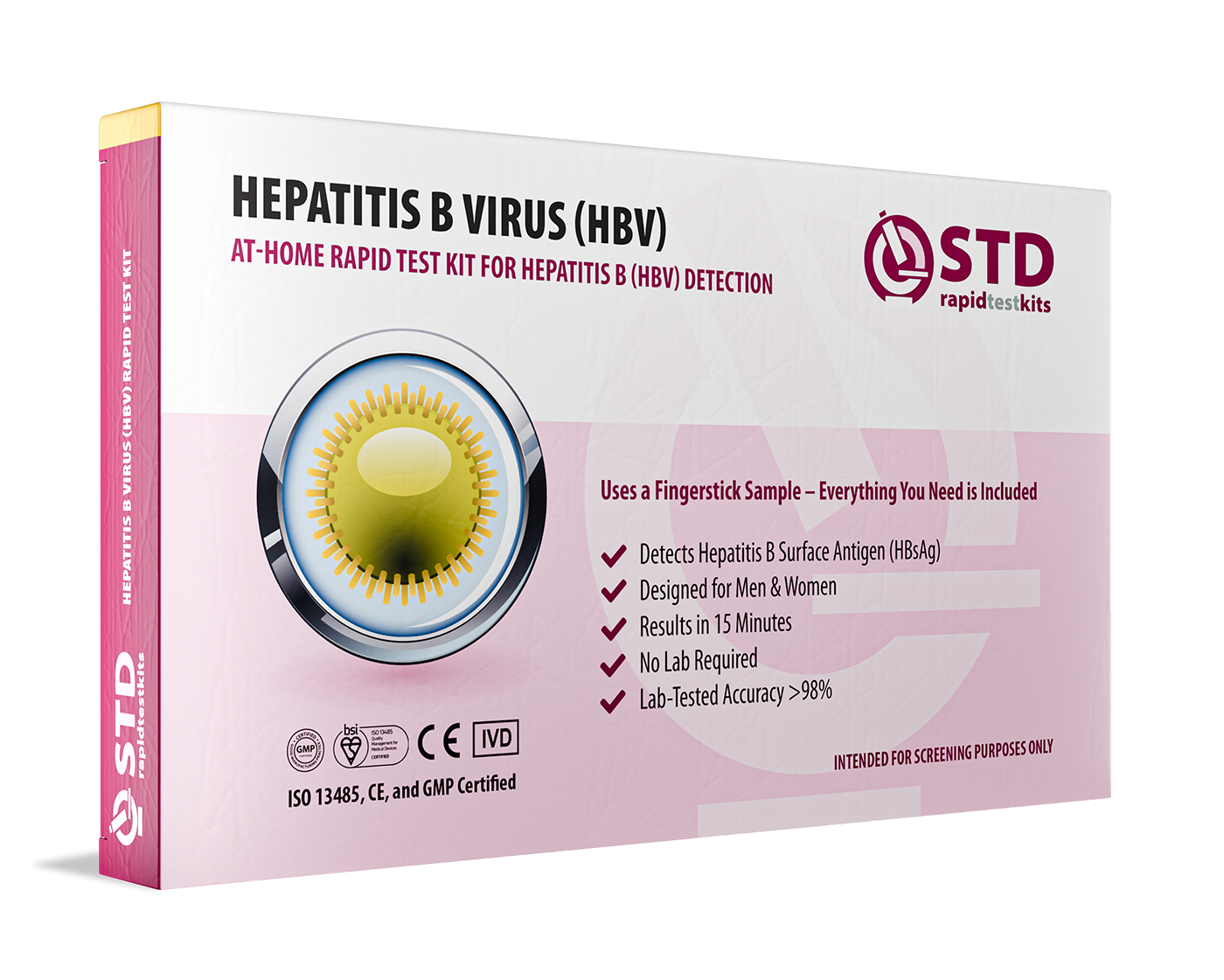
 For Men & Women
For Men & Women Results in Minutes
Results in Minutes No Lab Needed
No Lab Needed Private & Discreet
Private & DiscreetOrder Now $33.99 $49.00
Yes, You Can Get Hepatitis B From Sex, Even Just Once
One of the most dangerous myths is that Hep B only spreads through needle sharing or blood transfusions. In reality, sexual transmission is one of the leading causes worldwide. All it takes is one unprotected encounter, vaginal, anal, or oral, for the virus to enter through mucous membranes or microscopic cuts.
“But they looked clean” isn’t protection. Condoms are. Testing is. Talking is.
Hepatitis B in LGBTQ+ Communities: Why Inclusion Matters
Queer and trans communities are often left out of Hep B discussions. But men who have sex with men (MSM), people on PrEP, and trans individuals are all at increased risk, especially if vaccination isn’t part of their care plan. Stigma and lack of affirming providers make it harder to ask for help, testing, or the vaccine.
If that’s you: you deserve affirming, inclusive care. You deserve providers who don’t flinch when you say “bottoming” or “binder.” And you deserve protection, without judgment.
What Happens If a Baby Is Born With Hepatitis B?
Vertical transmission, mother to infant, is one of the most devastating, and preventable, forms of Hepatitis B. Babies born with HBV are far more likely to develop chronic infection. But there’s hope: if the baby receives the first dose of the vaccine and hepatitis B immune globulin (HBIG) within 12 hours of birth, the infection is almost always preventable.
That’s why prenatal screening and newborn vaccinations aren’t optional, they’re lifesaving.
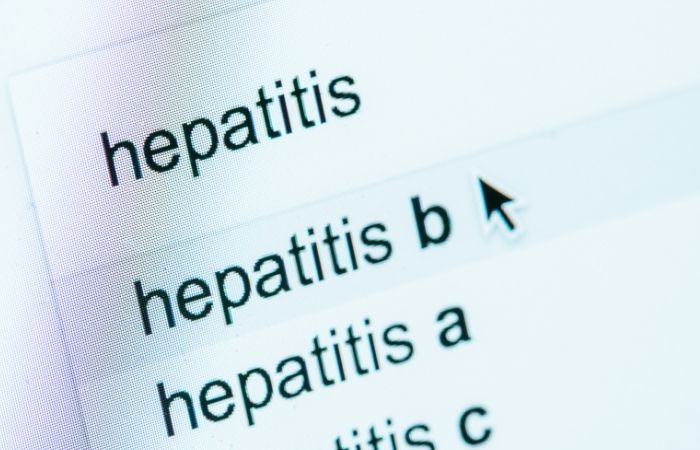
People are also reading: How People Catch Hepatitis B Without Realizing
Testing Positive Doesn’t Mean Your Life Is Over
Getting that diagnosis can feel like a punch to the gut. But chronic Hepatitis B doesn’t mean you’re untouchable, unlovable, or unworthy. It means you have a virus. And like many other viruses, it’s manageable.
Millions of people live full lives with Hep B. They have sex. They fall in love. They become parents. The key is regular monitoring, open communication, and refusing to let shame take over your story.
How to Talk to a Partner About Hepatitis B
The hardest part isn’t testing. It’s talking. But that conversation doesn’t have to end in rejection. It can lead to connection, safety, and deeper intimacy. Here’s a simple script:
“Before we get physical, I want to talk about something important. I tested positive for Hepatitis B a while ago. I’m being monitored, and I take precautions. If you’re vaccinated, you’re protected. But I care about your health too, and I want to be transparent.”
That’s love. That’s courage. And that’s what real prevention looks like in action.
Check Your STD Status in Minutes
Test at Home with RemediumHepatitis C Test Kit
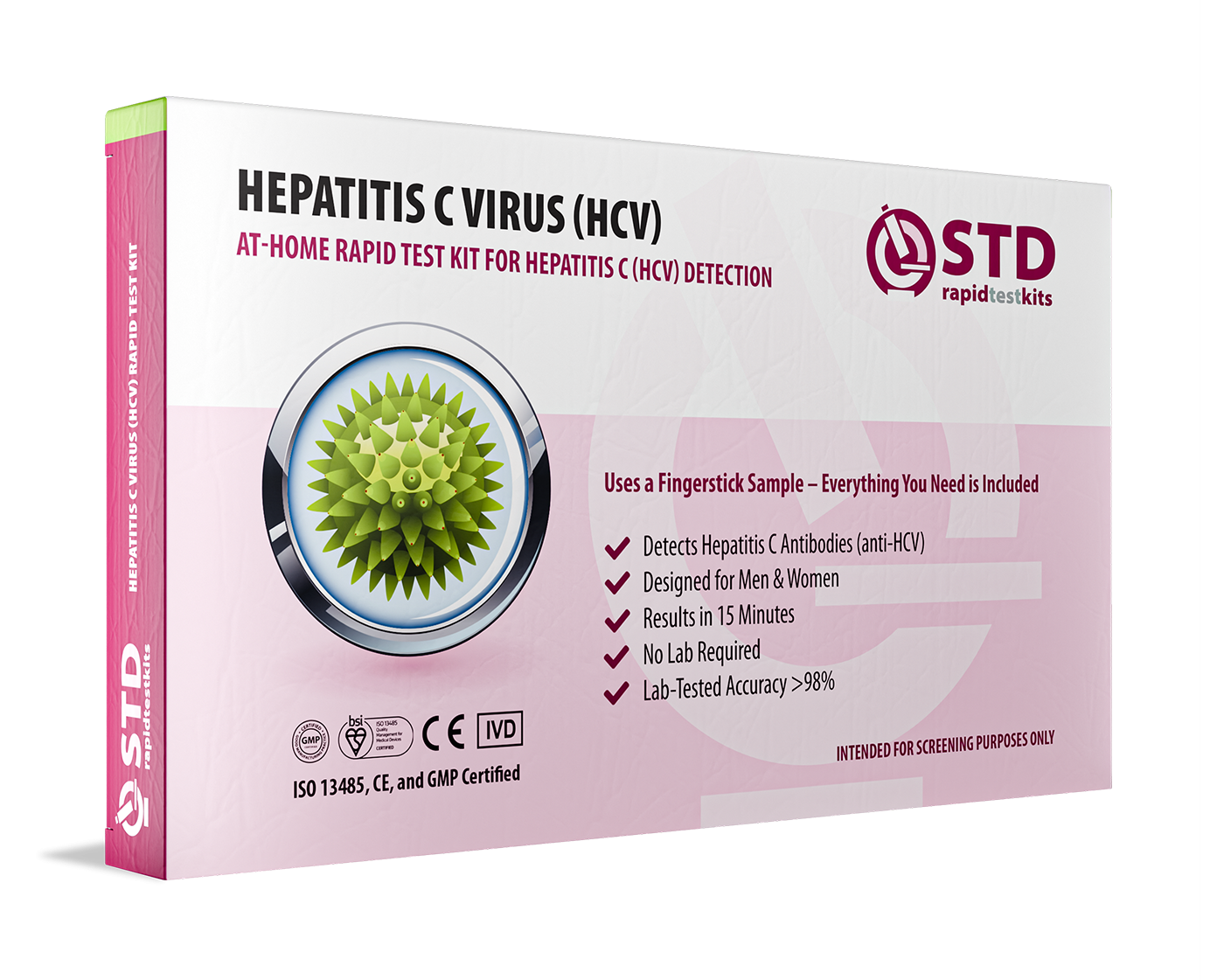
 For Men & Women
For Men & Women Results in Minutes
Results in Minutes No Lab Needed
No Lab Needed Private & Discreet
Private & DiscreetOrder Now $33.99 $49.00
FAQs
1. Is Hepatitis B an STD?
Yes, Hepatitis B can be transmitted through sexual contact. It’s one of the most common sexually transmitted infections worldwide, especially through unprotected vaginal or anal sex.
2. Can you have Hepatitis B and not know it?
Absolutely. Many people show no symptoms for months or even years, making routine testing essential, especially for those with multiple partners or from high-risk areas.
3. Is Hepatitis B curable?
Acute Hepatitis B can clear on its own. Chronic Hepatitis B is not currently curable, but it is manageable with monitoring and in some cases, antiviral medication.
4. How long does Hepatitis B stay in your body?
If it becomes chronic, the virus can stay for life. With proper treatment and monitoring, many people live healthy lives.
5. Can I get Hepatitis B from kissing?
It’s extremely rare. The virus is not spread through saliva alone unless there’s blood present (e.g., from mouth injuries or gum disease).
6. Is there a vaccine for Hepatitis B?
Yes. It’s a safe and highly effective three-shot series that provides long-term (often lifelong) protection.
7. How accurate are at-home Hepatitis B tests?
When used correctly, FDA-approved at-home kits are very accurate for detecting Hepatitis B antibodies or antigens. They must be followed by lab confirmation if positive.
8. What if I test positive for Hepatitis B?
Follow up with a healthcare provider. You may need further testing to determine if the infection is acute or chronic and discuss treatment or monitoring plans.
9. Can I have sex if I have Hepatitis B?
Yes, but use protection and disclose your status. If your partner is vaccinated or immune, the risk is much lower. Communication and barrier use are key.
10. Can I be re-infected after clearing Hepatitis B?
If you've cleared the virus or been vaccinated, your body will usually be immune. But repeat exposure in high-risk settings could still be dangerous. Testing helps confirm immunity.
Protecting Your Liver Is Protecting Your Life
Hepatitis B isn’t a punishment. It’s a virus. And like most viruses, it’s manageable, and even preventable, when you’ve got the facts, the tools, and the support you deserve.
Get vaccinated. Get tested. Use protection. And if you’re already living with Hep B? You’re not alone, and your health isn’t over. You’re in charge now.
Don’t wait and wonder, get the clarity you deserve.
Sources
1. CDC – Hepatitis B Information
2. WHO – Hepatitis B Fact Sheet
3. Mayo Clinic – Hepatitis B Overview






